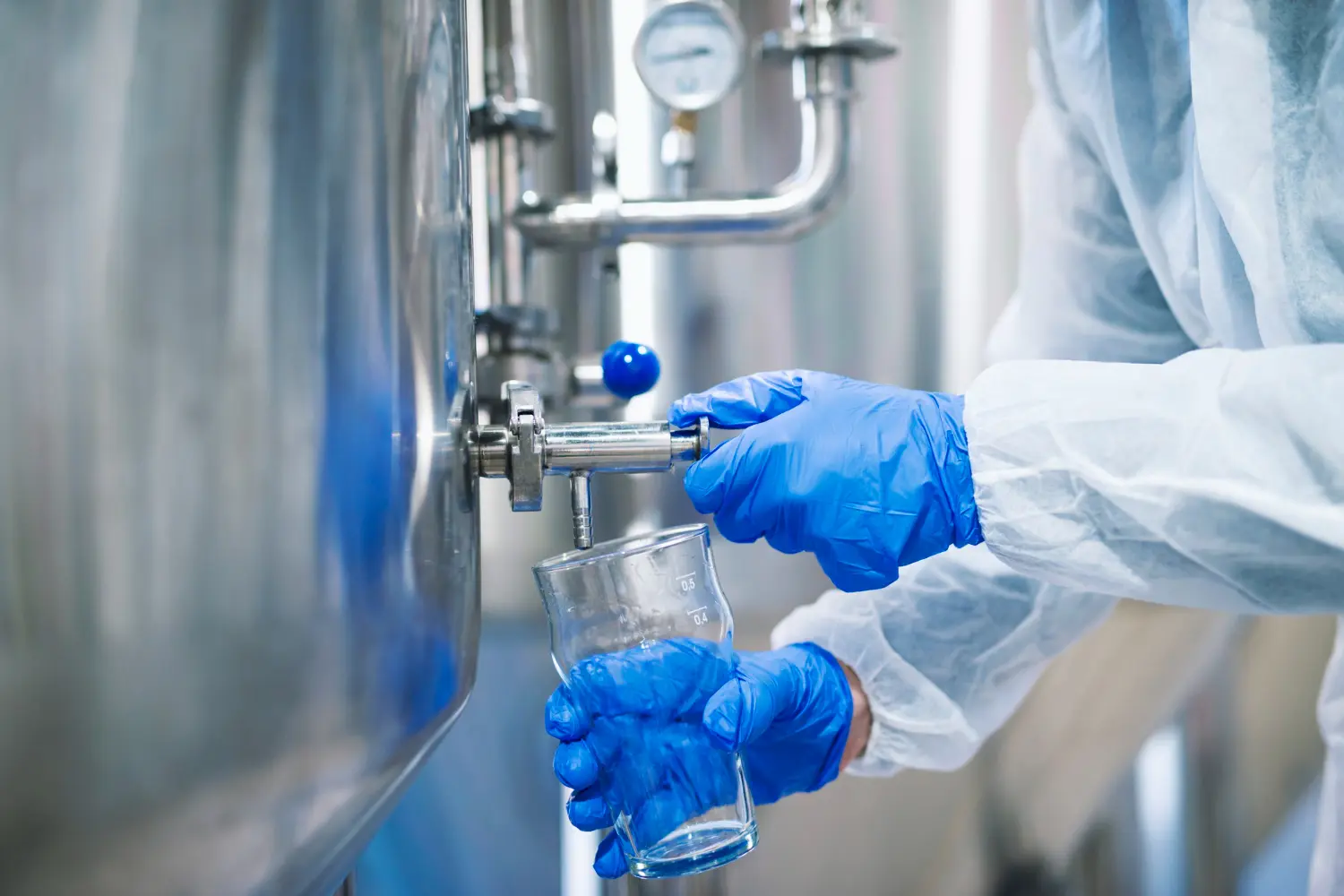Water Treatment Chemical In UAE: Why Crucial?
Do you know why water treatment in the UAE is very crucial?
Every industry depends on water as a resource and sustainability and operational effectiveness depend on maintaining its quality. Water treatment chemicals are essential in the UAE where industries mainly depend on water for production cooling systems and processes. This blog deals with the importance of these chemicals and how they support efficient, secure and economical industrial processes.
Table Of Contents:
What Is The Importance of Water Chemical Treatment?
- Because of the United Arab Emirates arid climate and finite natural freshwater resources water scarcity is a major issue there.
- The removal of harmful contaminants, bacteria and pathogens from drinking water, the prevention of waterborne illnesses and the assurance that the water is safe for human consumption and other uses all depend on water treatment chemicals.
- Water treatment chemicals are essential to the desalination of the region’s primary water source. The long-term sustainability of water infrastructure is ensured by chemicals such as corrosion inhibitors which prolong the life of pipes and other equipment by preventing mineral accumulation and rust.
Role Of Water Treatment Chemicals
Water is essential for human life and industries. However, water obtained in nature may contain many impurities, microorganisms, minerals, salts, and pollutants. If these are used directly without removing them, there will be serious adverse effects on health and the functioning of machines. Here, water treatment chemicals play an important role.
- Removal of toxins and impurities
- Scale & Corrosion Controls
- Improving water quality
- Protection for industrial and domestic purposes
What Are The Types of Chemical Treatment for Water Purification?
Antifoams:
A significant issue in industrial and water treatment processes is foam. It can hinder machinery operation, lower productivity and occasionally result in pollution. To avoid such issues antifoams are utilized.
Biocides:
A significant issue is the proliferation of bacteria, fungi algae and microbes in boilers, cooling towers, pipes, industrial equipment and water treatment systems. This may result in decreased productivity equipment damage and safety hazards. To avoid these issues biocides are employed.
Boiler water chemicals:
It is well known that boilers are the primary piece of machinery used in industries for the production of energy and distribution of heat. Problem-causing substances like pollutants, hardness oxygen scale and corrosion are present in the boiler’s water. To manage these issues and guarantee the boiler operates safely and effectively boiler water chemicals are utilized.
Coagulants:
One of the most crucial elements in the purification of water is coagulants. In water tiny suspended particles can cause major issues if they stay there for an extended period of time without moving. These particles are eliminated using coagulants.
Corrosion inhibitors:
Equipment used in water treatment including cooling towers, boilers pipes and tanks is subject to corrosion (fouling/deterioration). To stop this and increase the equipment lifespan corrosion inhibitors are employed.
Flocculants:
When water is purified flocculants are used to break up the small suspended particles into larger groups after they have been added using coagulants.
Neutralizing agents:
The purpose of neutralizing agents is to manage high levels of acidity or alkalinity that can occasionally be found in water after purification. Equipment damage and subsequent chemical treatment procedures may result from this.
Oxidants:
Used to eliminate the pollutants.They use a chemical reaction to oxidize and deactivate pollutants in water.
Oxygen scavengers:
One of the main reasons why metal equipment corrodes in water treatment is dissolved oxygen (liquid oxygen) that remains in the water particularly in boilers, cooling towers and industrial water systems.
pH conditioners:
It is crucial to keep the water’s pH at the proper level when purifying it. Scaling corrosion and further chemical reactions happen when the pH is not at the proper level. To manage these issues pH conditioners are utilized.
Resin cleaners:
Contaminant scale and organic deposits frequently accumulate in water treatment systems particularly in ion exchange resins, water softeners and demineralization units. This hinders the production of clean water and lowers the resins efficiency. These issues are resolved with resin cleaners.
Scale inhibitors:
Calcium magnesium and silica salts are minerals that cause scale (fabric/strip-like deposits) on equipment in water treatment and industrial water systems particularly in boilers, cooling towers and heat exchangers. Equipment damage, decreased heat transfer and decreased energy efficiency can result from this. Inhibitors help to manage these issues.
Disinfectants:
Disinfectants are used in water purification to get rid of microorganisms. Making drinking processes and industrial water safe and disease-free requires this.
Advantages
- Better safety and health.
- Increasing the quality of water.
- Long-lasting equipment
- Affordable.
- Provides stability and efficiency in industries
- Environmental protection
FAQ
Chemicals for water testing are necessary to guarantee clean water for industrial processes, cooling systems and production.
They help industrial processes function safely and effectively eliminate contaminants from water and manage bacteria and fungi.

